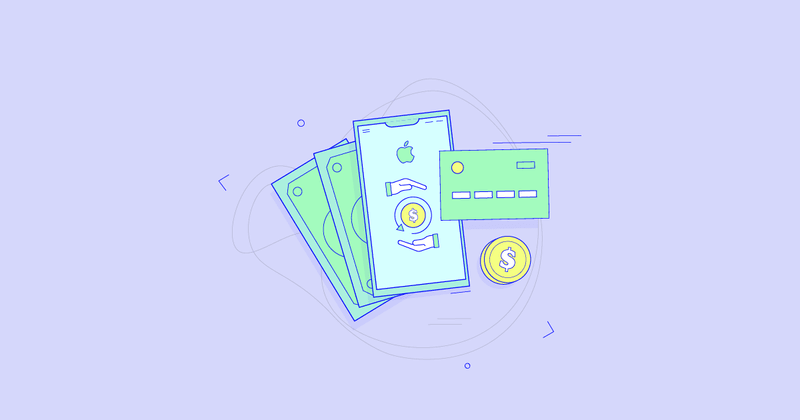Does Apple Keep its Commission After You Refund a Purchase?
We did a little sleuthing and here's our answer

Here’s an interesting question that seems to resurface periodically without a definitive answer: What happens to Apple’s commission after a user gets a refund for an in-app purchase?
According to the Paid Applications Agreement, all iOS developers must agree to the following policy in the event of an in-app purchase refund:
“Apple will have the right to retain its commission on the sale of that Licensed Application, notwithstanding the refund of the price to the End-User.”
Over the years, there’s been a lot of chatter about this all over the web, from Reddit and Hacker News to Stack Overflow and the Apple developer forums. That makes sense, because on its face, the policy sounds pretty dire. If Apple gets to keep 30% of a purchase that’s later refunded, developers could potentially lose a lot of money.
For example, say you own a fitness app, and one of your users purchases a subscription for your $100 annual plan. You pay $30 to Apple and get to keep $70. If the user refunds their purchase, however, they get $100 back, and if Apple is entitled to keep the 30% commission, you’re out $30. Understandably, this has had many developers worried.
With all the uncertainty that’s been swirling around this topic, I decided to test it by pulling a detailed payment report from my App Store Connect account:

As you can see, Apple deducted the post-commission price (the column labeled “Extended Partner Share”) when it issued my users’ refunds. So Apple didn’t keep its 30% commission, and I didn’t lose any money.
The bottom line? Apple reserves the right to keep the commission amount, but that doesn’t mean it will. I suspect that Apple includes this in the terms and conditions for cases of fraud or other extenuating circumstances.
So, there you have it!
While Apple technically has the right to keep its commission even after a purchase has been refunded, I’ve yet to hear a single confirmed case where it did. As long as you’re operating your app business legally and professionally, you shouldn’t have anything to worry about.
You might also like
- Blog post
Modeling attribution on iOS: what works, what doesn’t, and how to choose
How to navigate the messy world of SKAN, AEM, and probabilistic attribution — plus two practical frameworks to get a clearer picture of campaign performance.
- Blog post
Your sprints must pay for themselves: Dan Layfield’s product advice
What’s worth building? Dan Layfield shares a 3-bucket framework to help app teams prioritize features, fix churn, and ship faster.
- Blog post
Is monetization hurting your app’s user experience?
Don’t trade short-term revenue for long-term trust. How ethical UX can still drive effective monetization.

